Two hundred ski patrollers in Park City, Utah, returned to work Thursday after agreeing to a new labor contract, concluding a nearly two-week strike that disrupted the holiday season at the country's largest ski resort.
Why It Matters
Park City is a ski town with an average home price exceeding $1.5 million. According to the union, a livable wage in the area is $27 an hour, but the previous base pay stood at $21.
The labor action brought renewed attention to the vital but often overlooked work of ski patrollers, who ensure mountain safety by managing terrain, responding to emergencies and mitigating avalanche risks. Many also take on seasonal jobs as outdoor guides in warmer months to make ends meet.
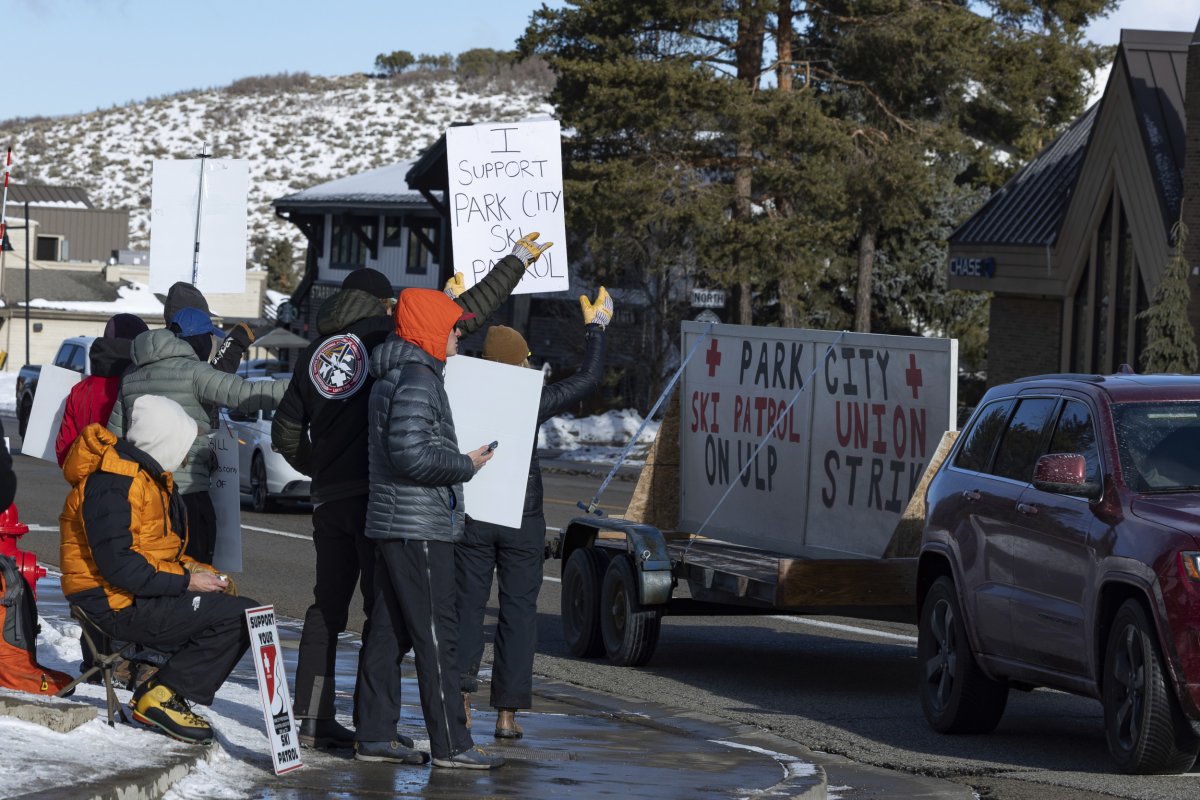
What To Know
Union negotiators and Vail Resorts announced Tuesday that they had reached a tentative deal. The full union voted Wednesday to accept the agreement.
The strike began on December 27 following months of stalled negotiations between the union and Vail Resorts, the Colorado-based company that owns Park City Mountain Resort. The union, representing more than 200 patrollers, accused Vail Resorts of unfair bargaining practices and demanded a pay increase reflecting rising costs in Park City, where the cost of living has soared.
Vail Resorts pointed to a previous 50 percent base pay rise in 2022, when wages went from $13 to $21 an hour. This time, their rejected offer consisted of a 4 percent pay increase for most patrollers and $1,600 each year for their equipment.
Recent months have seen labor unions win significant concessions from employers, following high-profile strikes by Boeing factory workers, dockworkers at East and Gulf Coast ports, video game performers, and hotel and casino employees on the Las Vegas Strip.
Changes To The Ski Patrol's Contract
Despite disruptions caused by the strike, including closed trails and long lift lines, skiers publicly supported the patrollers, chanting "Pay your employees!" in videos posted to social media.
Under the new contract, the Park City Professional Ski Patrol Association secured a $2-an-hour pay increase, a $4-an-hour average increase for senior ski patrollers. Some specialized longtime workers can expect to receive an average of $7.75 an hour more. The union also achieved its goal of extending the pay scale for long-serving patrollers. Previously, wage increases were cut off at the five-year mark.

What People Are Saying
Seth Dromgoole, a ski patroller and union lead negotiator, in a statement: "This contract is more than just a win for our team––it's a groundbreaking success in the ski and mountain worker industry. This effort demonstrates what can be achieved when workers stand together and fight for what they deserve."
Bill Rock, president of Vail Resorts' mountain division: "We look forward to welcoming back the Park City Mountain patrollers in the coming days and moving forward together as one team. We apologize to our guests who were impacted by this strike and are incredibly grateful to our team who worked hard to keep the mountain open and operating safely over the past two weeks."
Alex Kaufman, a former ski resort marketing executive and podcaster: "The issue was probably never really about the money or benefits. It was a conscious decision by Vail Resorts to let it bleed into the holidays. They overplayed their hand and paid the price."
What Happens Next
With operations resuming at Park City Mountain Resort, attention now turns to how the agreement may impact other labor negotiations in the ski industry.
This article includes reporting from The Associated Press.
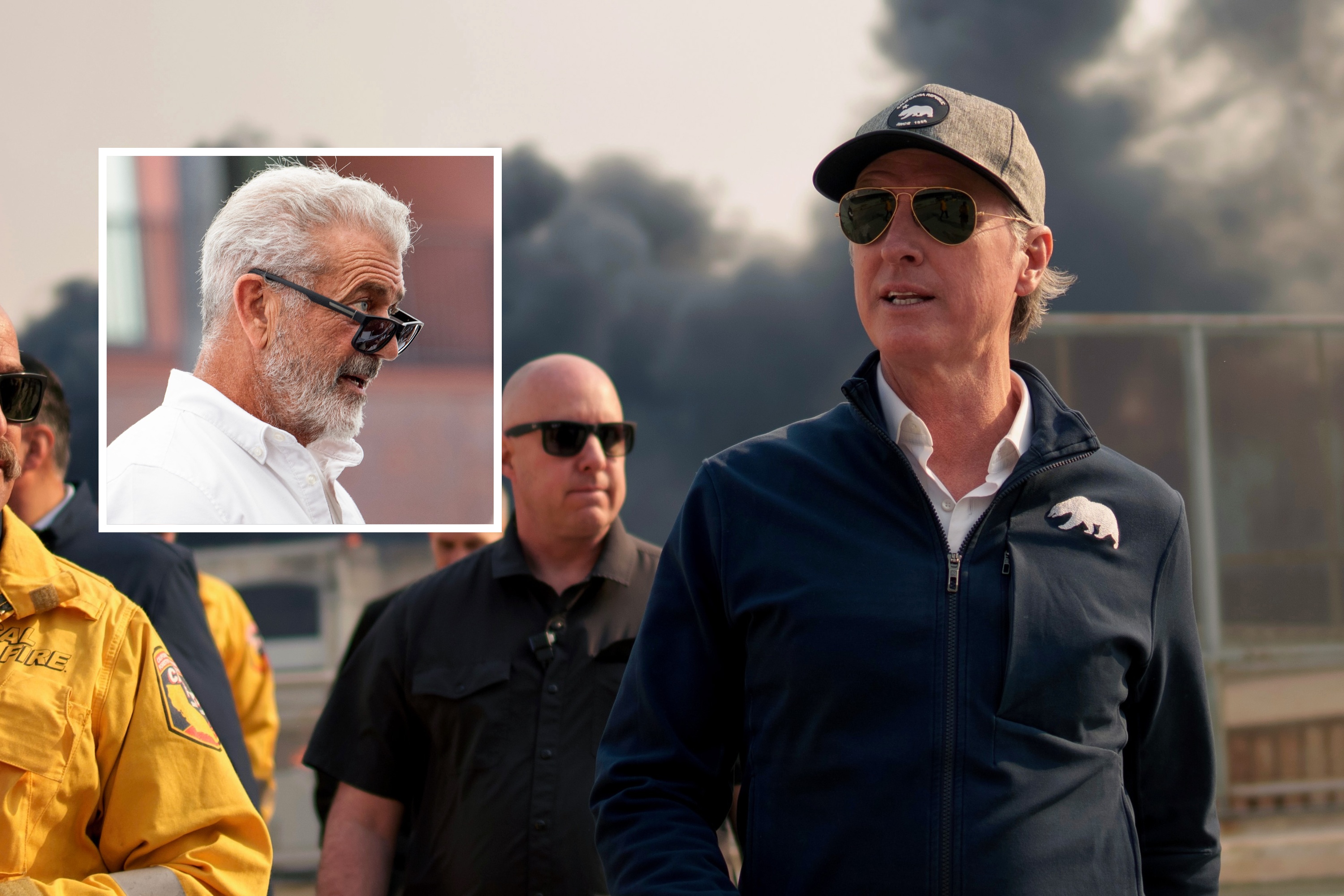




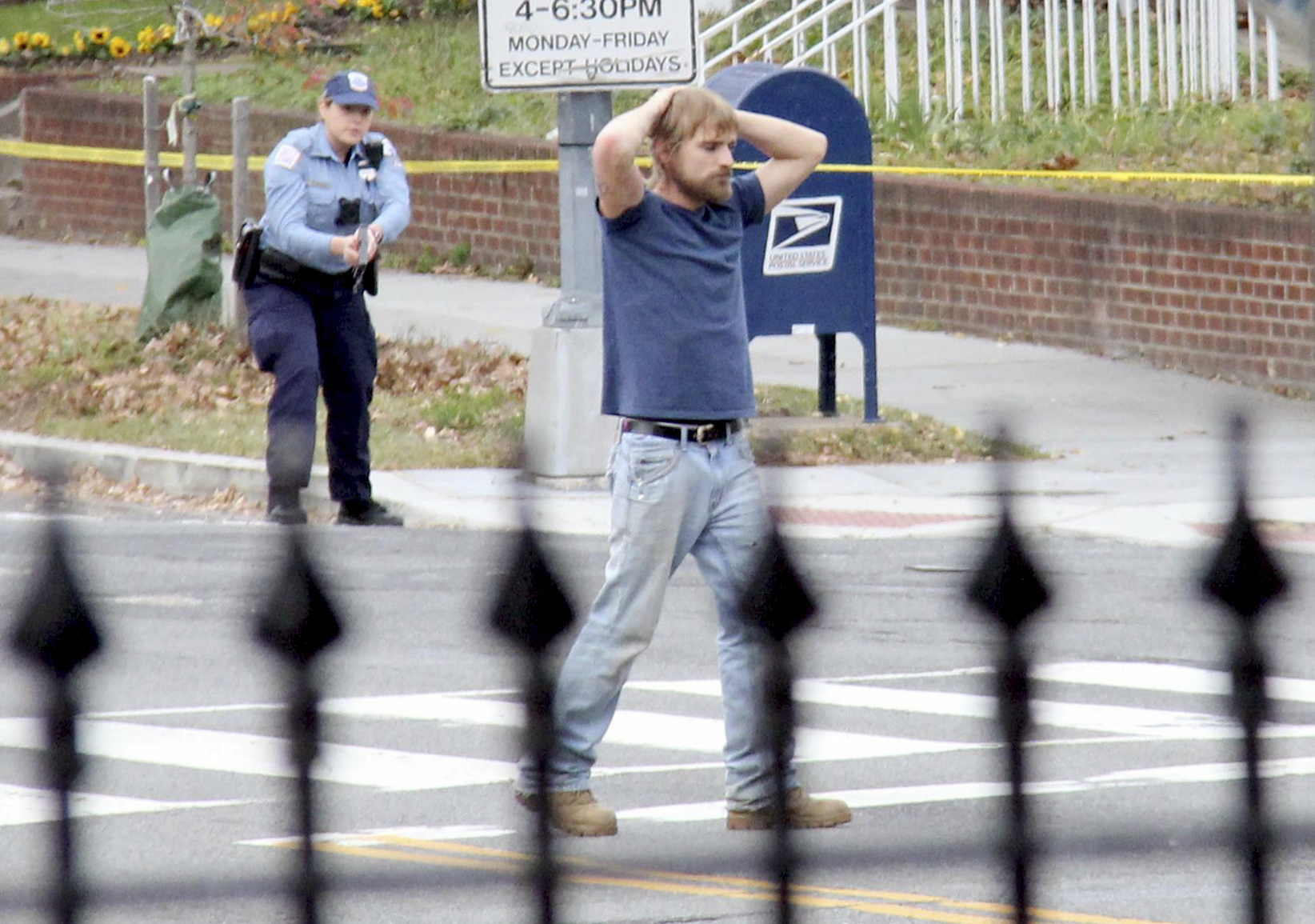
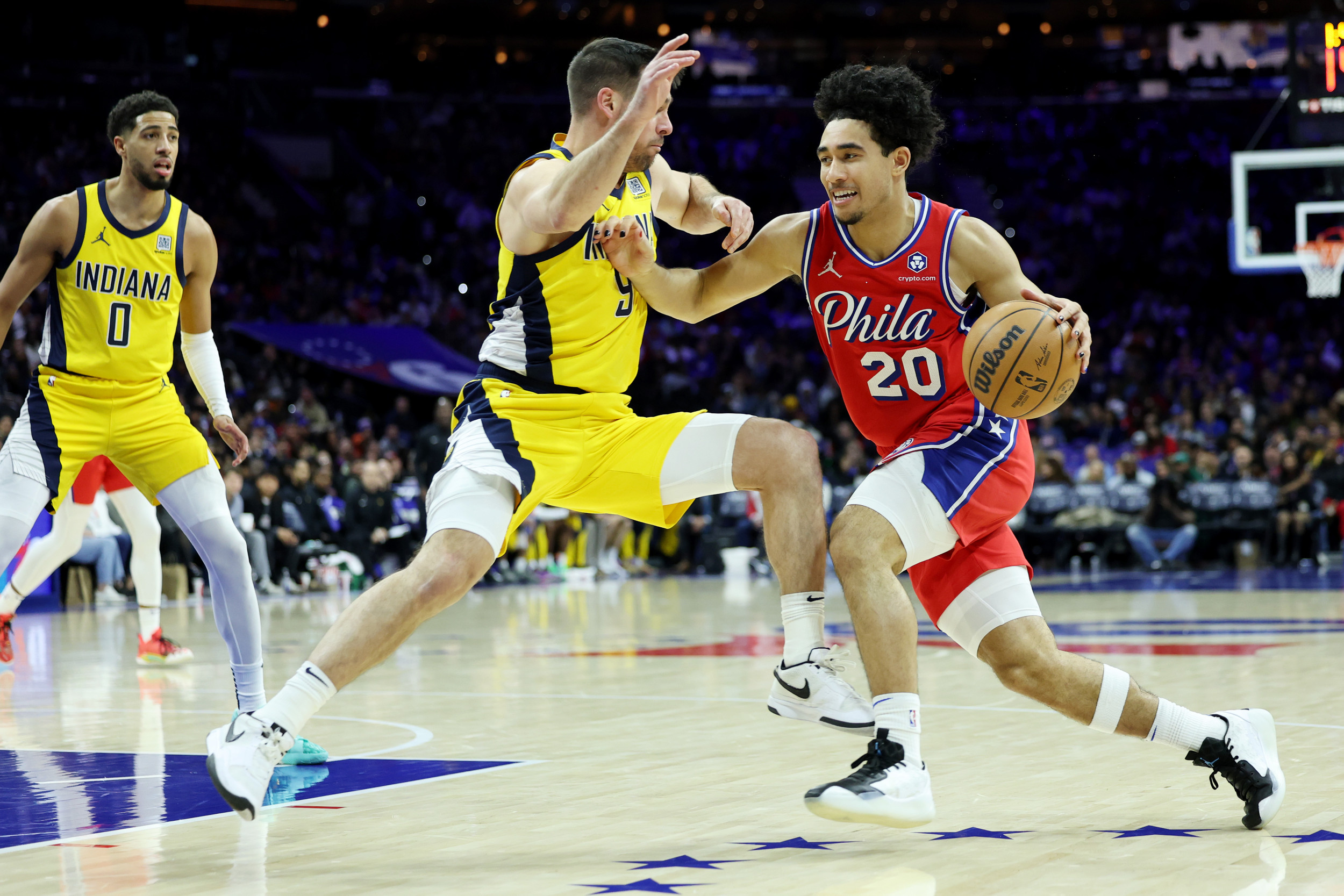

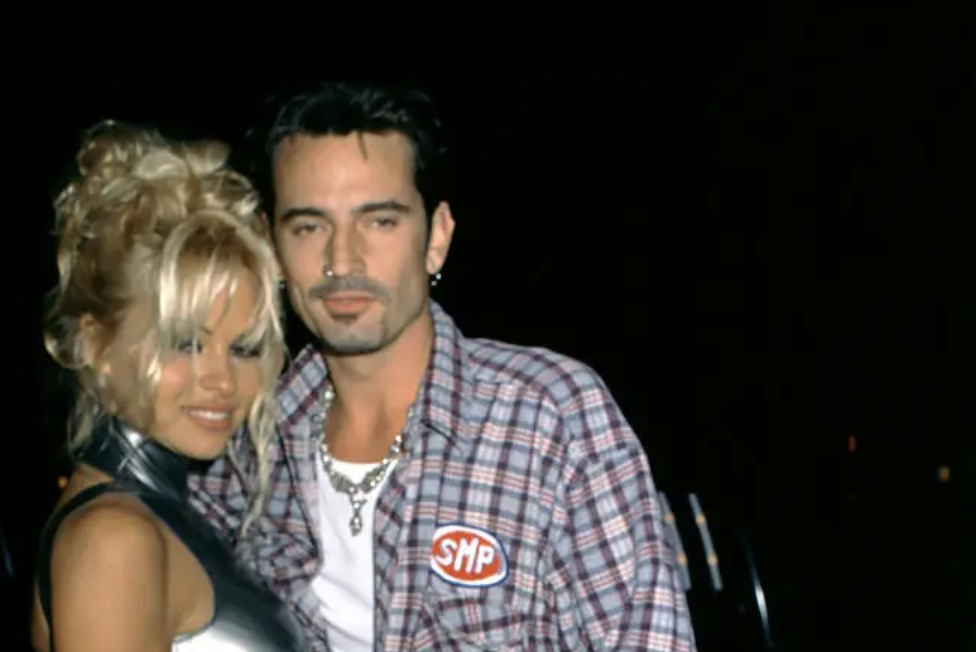

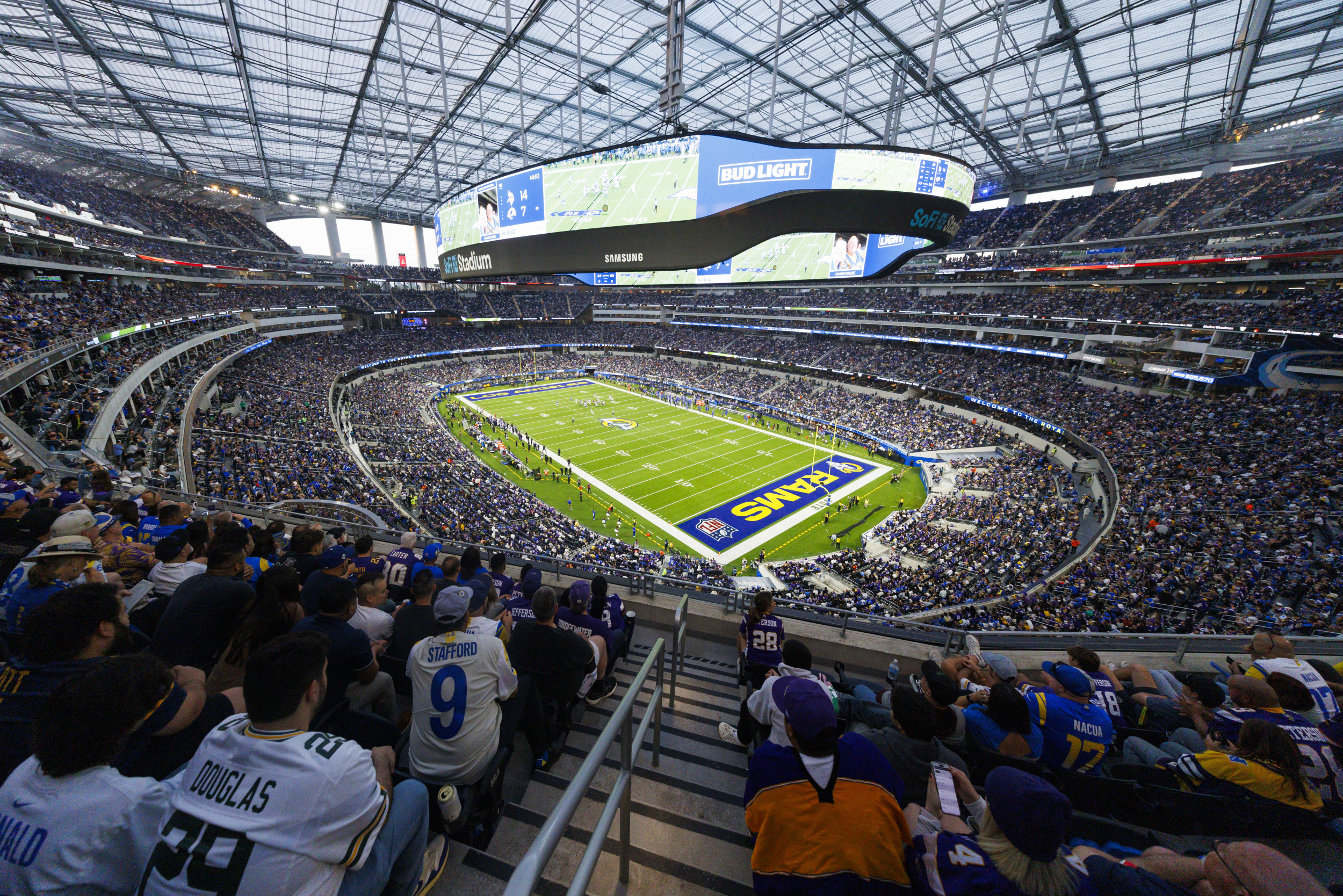









 English (US) ·
English (US) ·